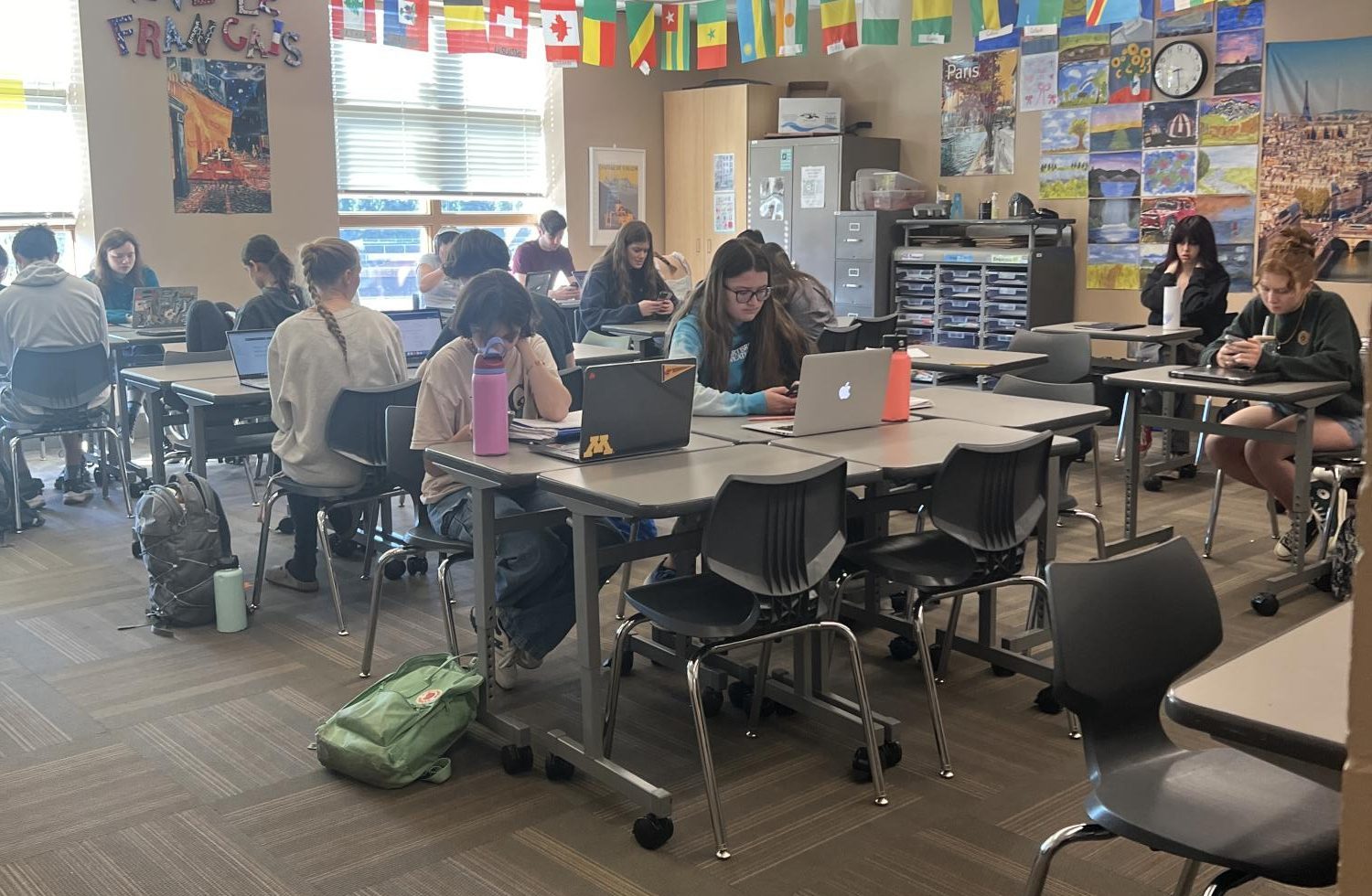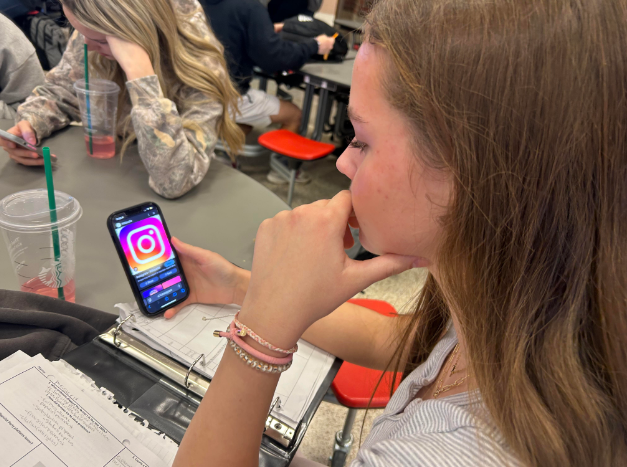The willingness to learn and be motivated in students is a diverse topic. All students are different and can learn in different ways. Some teachers feel that setting goals for their students and tying in students reality and real life conflicts can increase the participation of students and can encourage students to want to learn more and be educated. Some believe that students do not care about school and they just want to get through it with a good grade, which in some cases can be true. The style of teaching and even the personality of the teacher can play a significant role in how motivated a student may be.
Since COVID, the student’s attention span and motivation has decreased. Only 55 percent of students believe they are motivated to learn in school.
Social studies teacher Matthew Kiedrowski talks about how he keeps his students motivated, “Understanding that work is not just one intense period, it’s more like a marathon where there’s a little bit of work all the time and then it becomes a routine.”
Before COVID, students motivation was generally influenced by factors such as in-person interactions with teachers and peers, engaging classroom environments and extracurricular activities. However since the pandemic, the shift from remote learning, which promoted the lack of physical connection, has been a challenge for many students. Losing the face-to-face interactions when students brains are being developed to learn more about social interactions and communication has impacted current and upcoming students alike.
“It has decreased the desire and natural ability to learn in a school environment and focus on the work at hand,”
A big factor in the lack of motivation can be the amount of distractions people have or even the distractions they create for themselves in an effort to procrastinate. It can affect anyone of any age, even children and adults not in school. A large distraction is cell phones because they are now in students hands or our pockets or our backpacks all day long. Many students can even find themselves with a high level of anxiety when their phones are not immediately available to them.
Social media and phone use has dramatically increased and reading, writing and spending time with family has decreased, causing even less physical interactions and the motivation to get daily tasks and work done. Students who have a designated study space free from distractions, especially outside of reach of their cell phone are found to be more focused and motivated to get their work done.
Sometimes students find that working towards the goal of graduation and thinking about their future can be useful in the struggle to stay motivated. “The future really motivates me to get my work done and the idea of graduating really helps me stay focused,” senior Talan Lehmicke said.
There are many distractions that have caused the decrease in motivation recently such as social media, cell phones, students overworked and loss of physical interactions.
This is shown by the class attendance rates in both regular and AP classes, as well as the number of students who have now shifted to full time online learning.
However, there are also methods to stay motivated and focused in school and in life. Setting goals, having discipline, relating school lessons to real life, providing relevance, staying positive and having a good attitude can all be factors in increased motivation if a student has the determination to succeed and the support from their peers and leaders.









